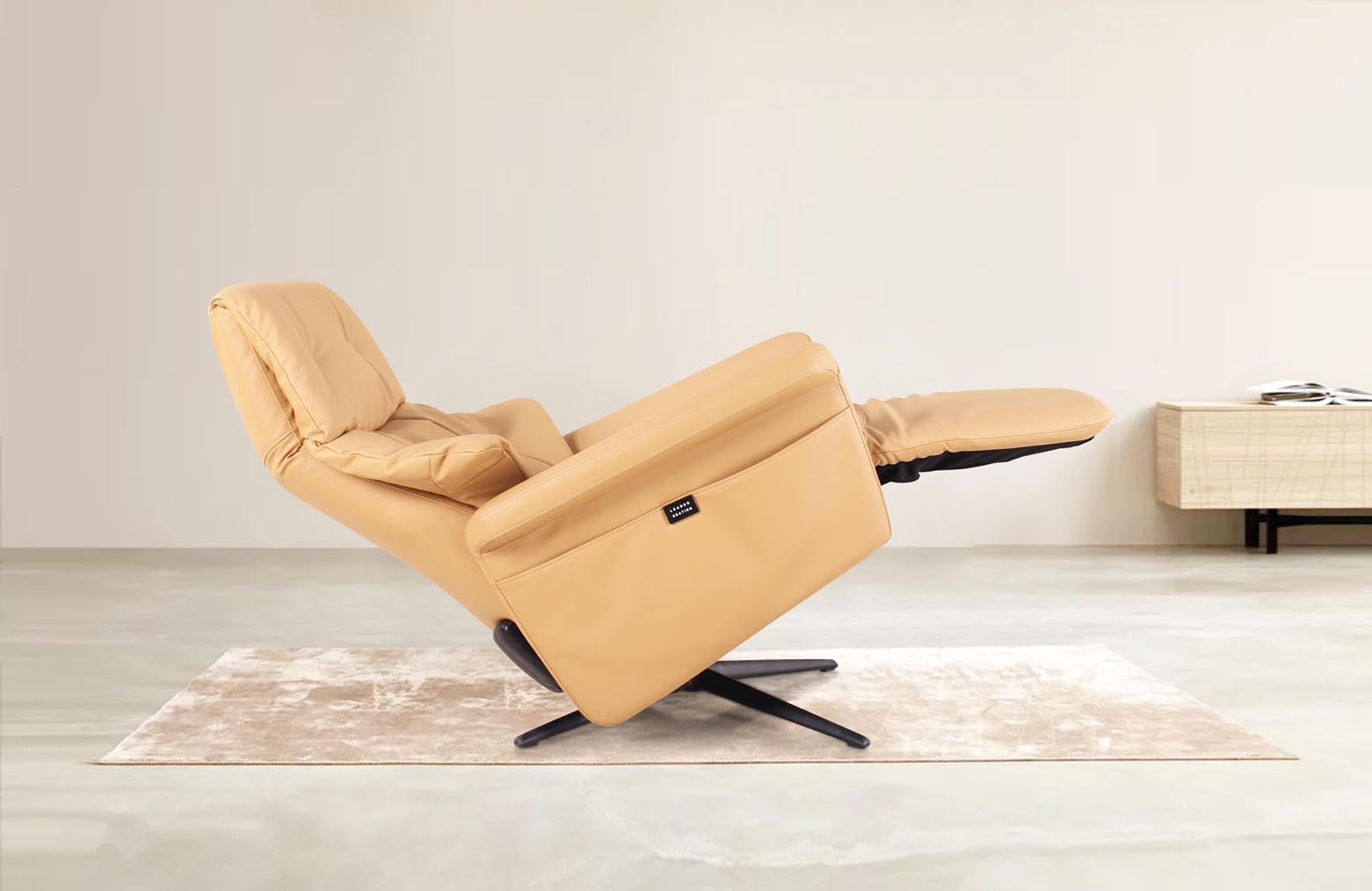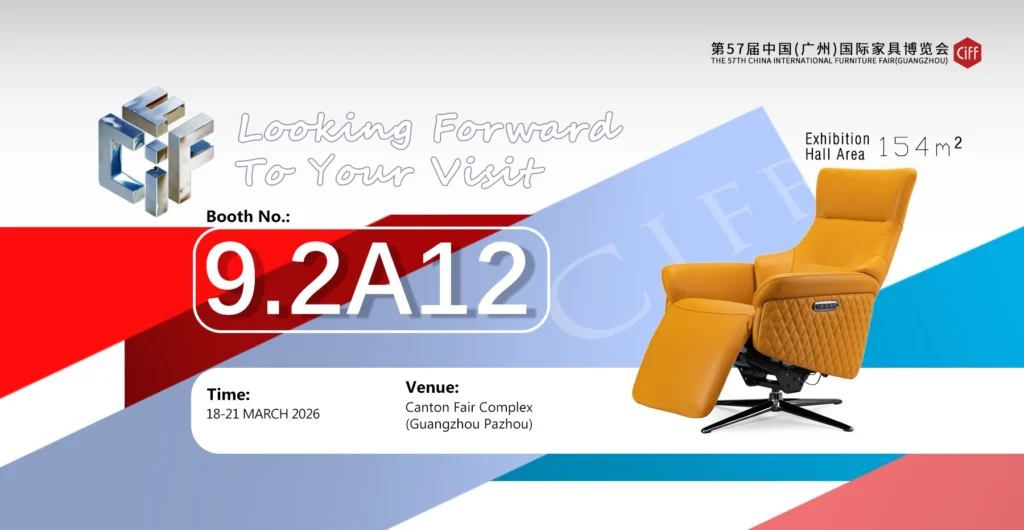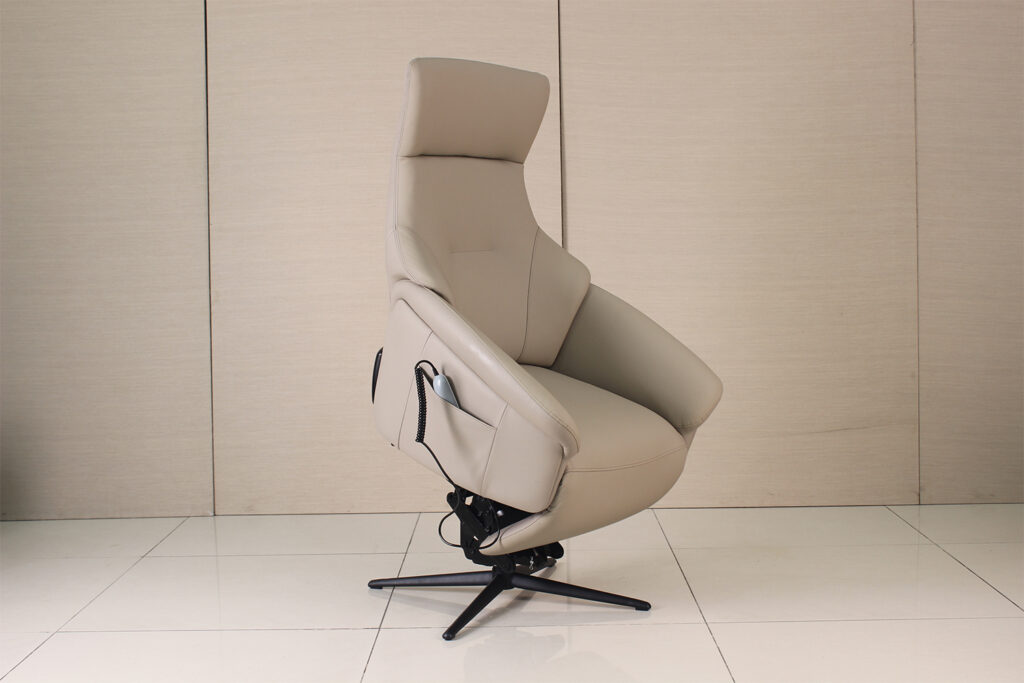What is zero gravity
Zero gravity, the state experienced by astronauts in space where they are essentially weightless, has been a topic of interest for its potential effects on the human body. One area of the body that is of particular concern when it comes to zero gravity is the back. As the back is a common source of pain and discomfort for many people, the question arises: is zero gravity good for your back?
The effects of zero gravity on the body
First, it is important to understand how zero gravity affects the body. When in a zero gravity environment, the spine is not subjected to the usual gravitational forces that act upon it on Earth. This means that the vertebrae in the spine are not being compressed as they are when standing or sitting on Earth. In theory, this lack of compression could provide relief for those with back pain, as it reduces the pressure on the spine and allows the muscles and ligaments around the spine to relax.
The advantage of zero gravity
Additionally, some research has suggested that the lack of gravitational forces in zero gravity may allow the spinal discs to expand, potentially reducing any pressure or impingement on the nerves that can cause pain and discomfort. This could provide further relief for those with back issues.
The downside of zero gravity
However, while these potential benefits of zero gravity on the back are intriguing, it is important to consider the potential downsides as well. For one, the lack of gravitational forces can also lead to a loss of muscle mass and bone density, which can have negative effects on the back and overall musculoskeletal system. Additionally, the lack of support and resistance provided by gravity can lead to muscle atrophy and weakness, which can contribute to back pain and dysfunction.
Long-term consideration
Furthermore, the transition from zero gravity back to Earth’s gravity can be jarring for the body, and astronauts often experience back pain and discomfort during this adjustment period. This suggests that the prolonged absence of gravitational forces may not be ideal for the long-term health of the back.
Use the zero gravity chair wisely
In conclusion, while zero gravity may offer some relief for those with back pain by reducing spinal compression and allowing for spinal disc expansion, it is not without its potential drawbacks. The loss of muscle mass and bone density, as well as the potential for muscle weakness and atrophy, could ultimately lead to more problems for the back in the long run. As such, while zero gravity may provide temporary relief for back pain, it is not necessarily good for the back in the overall context of musculoskeletal health. Further research is needed to fully understand the effects of zero gravity on the back and to develop strategies to mitigate any potential negative effects.





